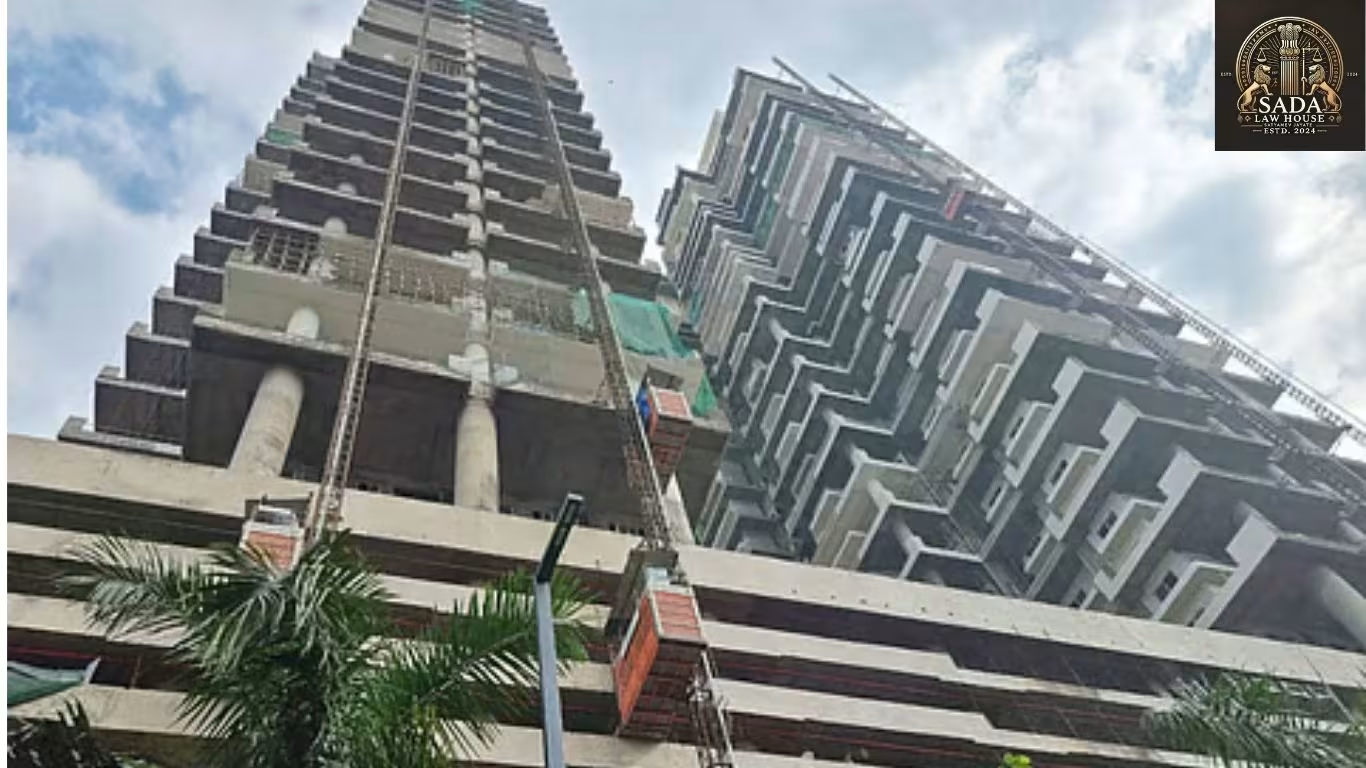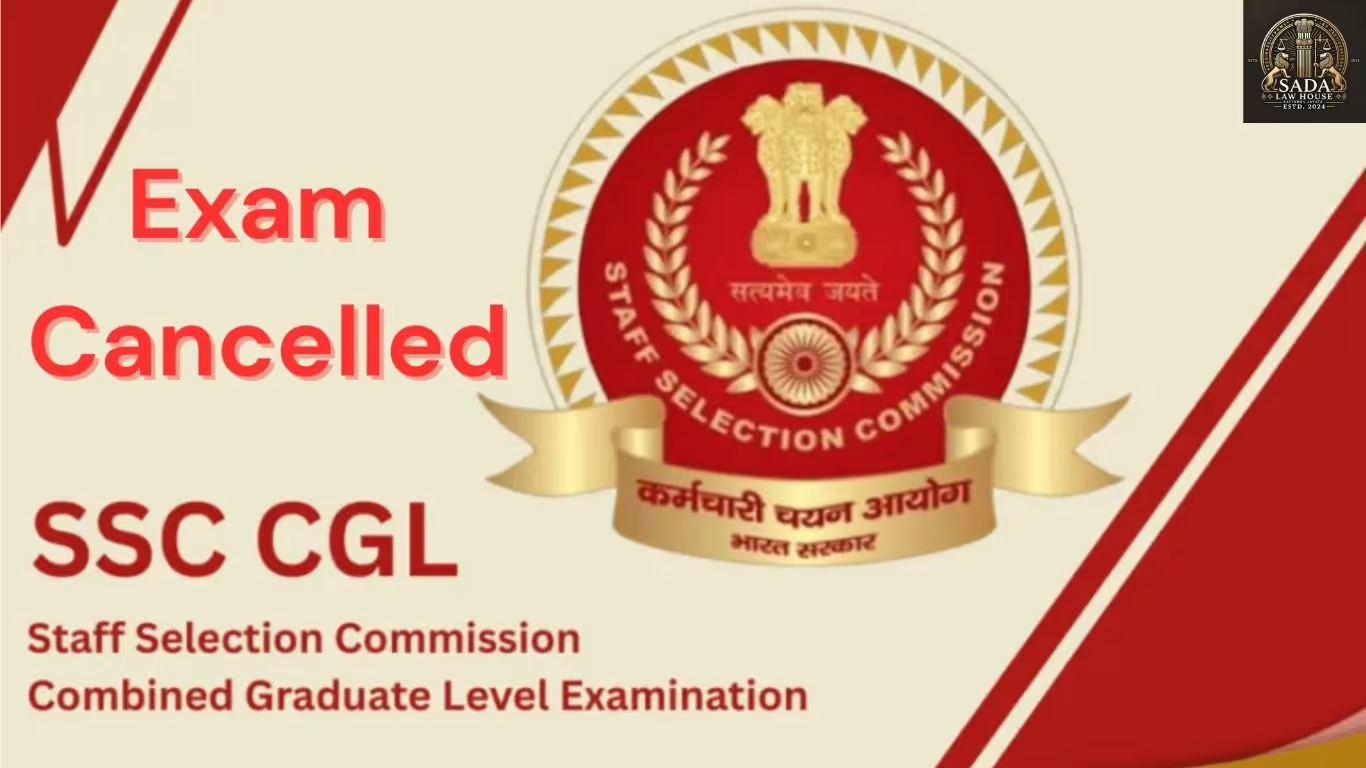Real estate insolvency resolution should be project specific, not against entire corporate debtor: Supreme Court
- Kashak Agarwala
- 14 September 2025

Introduction
The Supreme Court of India has ruled that real estate insolvencies under the Insolvency and Bankruptcy Code (IBC) must, as a general rule, be pursued on a project-by-project basis rather than against the entire corporate debtor, except in exceptional circumstances. The ruling, delivered by a Bench of Justices JB Pardiwala and R Mahadevan, aims to protect solvent projects and genuine homebuyers from collateral damage.
Background of the Case
The Court was hearing four appeals arising from orders of the National Company Law Appellate Tribunal (NCLAT) concerning Gayatri Infra Planner Pvt. Ltd. and Antriksh Infratech Pvt. Ltd.
Mansi Brar Fernandes signed an MoU (April 6, 2016) for four flats, paying ₹35 lakh, with a buyback option worth ₹1 crore in 12 months.
Sunita Agarwal invested ₹25 lakh (July 2015) with assured 25% returns in 24 months and a mandatory buyback clause.
Both moved Section 7 IBC applications after defaults. The NCLT admitted the cases, but NCLAT reversed them, treating the applicants as speculative investors.
Supreme Court’s Observations
The SC upheld the NCLAT’s findings:
Fernandes’ MoU was a buyback agreement, not a genuine flat purchase.
Agarwal’s transaction with guaranteed returns and exit options lacked intent to hold property.
Both applicants were speculative investors, not homebuyers, and thus ineligible to trigger CIRP.
The Court reiterated that IBC cannot be misused by speculative investors as a debt-recovery mechanism. Referring to Pioneer Urban, the Bench noted that speculative CIRPs would destabilize projects and harm real homebuyers.
Indicators of Speculative Investments
The Court listed six non-exhaustive red flags:
Agreements replacing possession with buyback/refund options.
Refunds with high interest rates.
Refusal to take possession.
Acquisition of multiple units (often >10).
Special rights/superior treatment.
Assured unreasonable returns (20–25% in short term).
➡️ True homebuyer intent is shown by ownership and possession of a unit.
Housing as a Basic Right
Invoking Article 21, the Court emphasized housing as a fundamental right: “A home is not just a roof but a statement of hopes, dreams, and security.” It reminded the State of its constitutional duty to protect homebuyers from exploitation by developers.
Reform Directions by the Court
To strengthen the IBC and protect homebuyers, the Court issued several systemic directions:
NCLT/NCLAT Strengthening: Vacancies to be filled urgently; special IBC benches to be created; Union Govt. to submit compliance within 3 months.
Expert Committee Formation: To be headed by a retired High Court judge with members from law/housing ministries, NIUA, HUDCO-HSMI, IIM, NLU, and NITI Aayog. Report due within 6 months.
Empowering RERA: States must include at least one legal expert/consumer advocate in each RERA authority.
Financial Safeguards:
Periodic CAG audits of the SWAMIH Fund.
Funds to be used for last-mile financing.
Buyer proceeds for new projects to go into escrow accounts, released in tranches as per RERA.
Applicability of the 2019 IBC Amendment
The Court clarified that the 2019 IBC Amendment Ordinance (minimum 100 allottees or 10% of total allottees to trigger insolvency) applied since the petitions were pending when the ordinance came into effect, even though orders had already been reserved.
Representation
For Appellants: Vineet Kumar, Harshita Gulati, Anindita Mitra, Akhil Anand, Awanish Sinha, Nupur Kumar.
For Respondents: Sr. Adv. Sunil Fernandes, Kaustubh Shukla, Saurabh Mishra, Diksha Dadu, Mantika Haryani, Astha Sharma, among others.
Conclusion
The Supreme Court’s judgment is a landmark in real estate insolvency, prioritizing project-level resolution, protecting genuine homebuyers, and discouraging speculative misuse of the IBC. With directives for stronger institutional capacity, RERA empowerment, and financial accountability, the ruling strengthens consumer protection and aims to stabilize India’s real estate sector.






